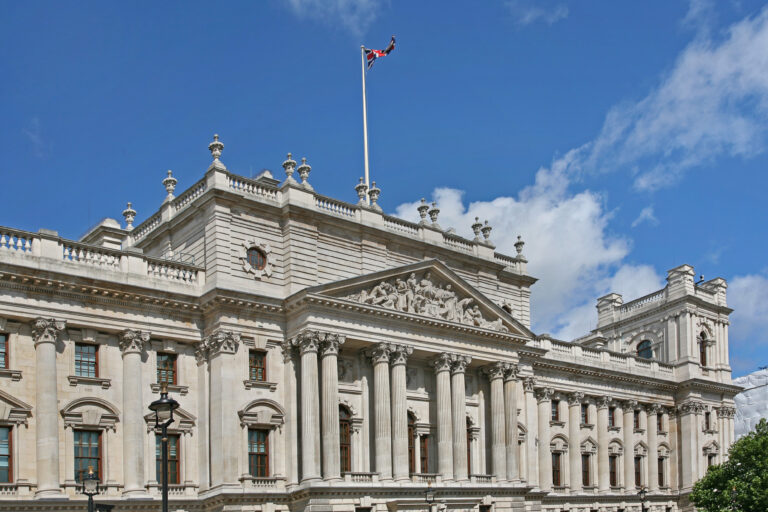
How Labour’s New Government May Affect UK Pensions
25 September, 2024
Whilst stateside we were celebrating the 4th of July with BBQs and fireworks, the Labour government was celebrating an election victory that put them back in power in the UK for the first time in 14 years.
In the Labour manifesto, and during campaigning, Labour ruled out increasing income tax rates, national insurance, VAT or the main rate of corporation tax. During the campaign, they also noted that they had no plans to change other taxes.
However, in recent weeks we have seen the tone change with Rachel Reeves, the new UK Chancellor, referencing “black holes” in the country’s finances and the need to make difficult decisions regarding future taxation. Prime Minister Starmer has also stated that “there is a budget coming in October and it is going to be painful.” As a result, speculation continues around what changes this might mean for the taxation of UK pensions.
Since coming to power, we have had two key announcements regarding UK pensions; one in the King’s Speech and the other with the launching of a Pension Review. However, much of what has been announced so far looks unlikely to significantly affect US residents with deferred UK pensions. As we are still over a month away from the budget, it continues to be a case of watching this space.
The King’s Speech
In the King’s Speech delivered on 17 July, a surprise Pension Schemes Bill was announced to “support over 15 million people who save in private-sector schemes get better outcomes….and could help the average earner, who saves over their lifetime in a defined contribution scheme, to have over £11,0000 more in their pension pots”.
Very little was covered in the actual King’s Speech, but the background briefing notes confirmed that the Bill’s measures will, amongst other things include:
Automatic consolidation of small defined contribution (DC) pension pots
To prevent people from losing track of pension pots
Value for money framework
Introducing a standardized test that trust-based DC schemes will need to meet to demonstrate they deliver value. The government intends this to result in consolidation in the pensions market by leaving a smaller number of well-performing, well-governed schemes.
Retirement decumulation solutions
Requiring pension schemes to offer retirement income solutions, including default investment options, to their members so people have a pension and not just a savings pot when they come to draw on their retirement savings
Commercial defined benefit (DB) Superfunds
Consolidating the DB market through commercial superfunds to offer greater protection for members in closed legacy funds.
Government Pension Review
On 20 July Chancellor Rachel Reeves launched a “landmark” pensions review as part of the government’s mission to “boost growth and make every part of Britain better off”.
The review will be in two phases with the first phase reviewing the pensions’ landscape. The next phase will start later this year and consider further steps to improve pension outcomes and increase investment in UK markets, including assessing retirement adequacy.
The government notes that DC schemes “will be managing around £800 billion in assets by the end of the decade and the review will explore ways to increase their investment into productive assets.” An announcement was also made that the government will look at consolidating the Local Government Pension Scheme to “cut down on fragmentation and waste”. The DB scheme is split across 87 funds and spends around £2 billion a year in fees and costs (an increase of 70% since 2017).
What could the October budget have in store?
On top of the announcements regarding pensions since election day, commentators continue to speculate whether further changes will be announced in Reeve’s first budget scheduled for October 30, which is billed to “fix the foundations of the economy”.
The Prime Minister has already committed to keeping the State Pension Triple Lock in the Labour Manifesto for the duration of this Parliament (meaning through April 2029 unless the next election is called early). The Lifetime Allowance also looks unlikely to be reinstated, despite Labour’s initial position after then Chancellor Jeremy Hunt announced its abolishment in the March 2023 Budget.
Of relevance to an expatriate with a UK pension are questions over whether Labour may make amendments to the new Lump Sum Allowance by lowering the maximum amount of UK tax-free cash you can draw in your lifetime from the current £268,275 (unless you already have a higher protected amount). Another potential area Labour may target is how pensions are taxed on death either from an income tax perspective for beneficiaries and/or potentially from an inheritance tax perspective.
It continues to be a case of watching this space…
